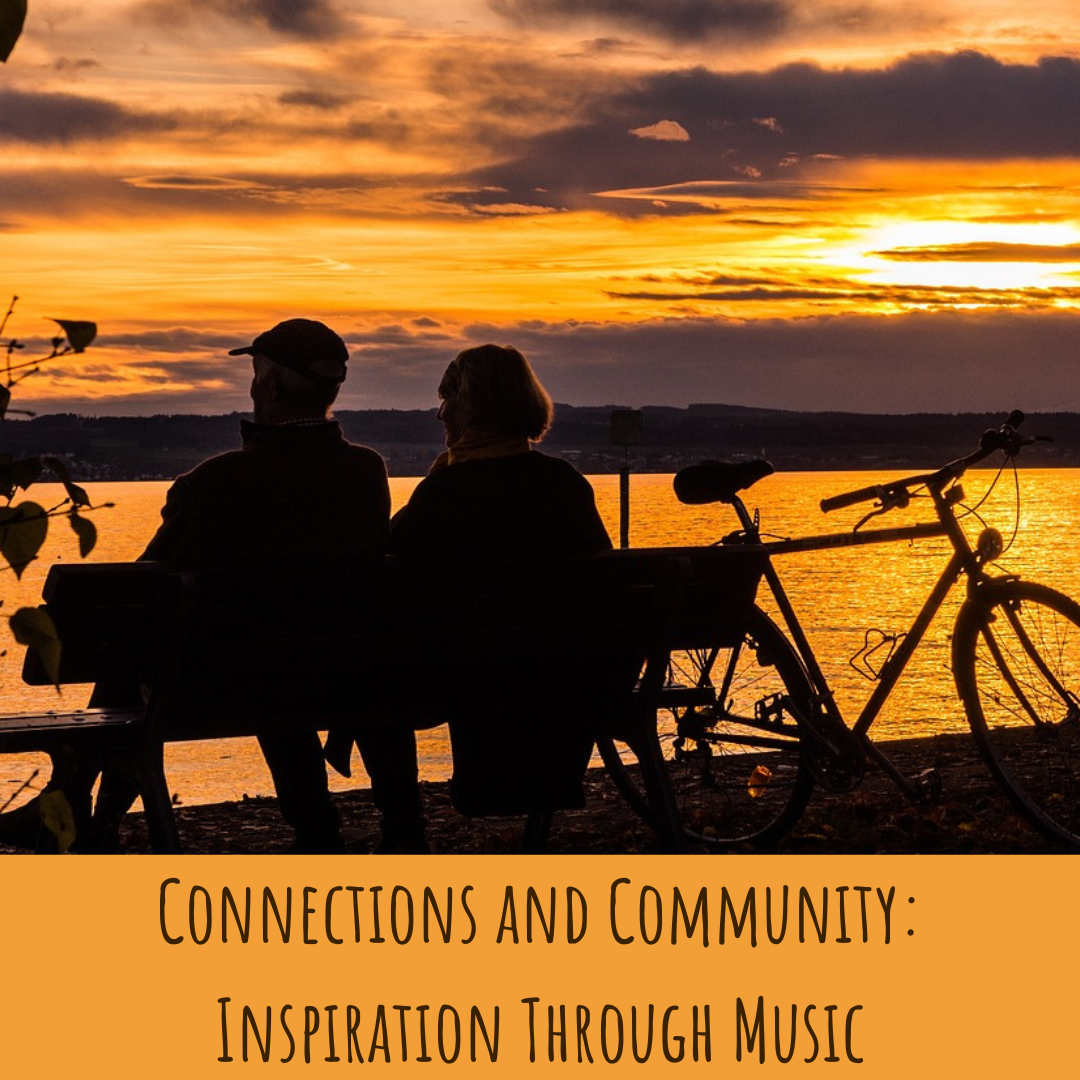The English Language

Living as an American in England
Life as an American in any foreign country is both incredibly exciting and frustrating. Exciting because everything is new and different. Everywhere you go is some place new. Things that are mundane to the locals is fascinating to you. I think this was the cause of some amusement among our British neighbors and friends. Frustrating because you are learning how to survive in a place with new rules, norms, culture, and ways of doing things. Everyday tasks can turn into an adventure or an ordeal or both. Luckily, in England they speak the same language, almost. Winston Churchill once quipped, "Two nations divided by a common language." Just so you know:
A "fag" is a cigarette. I was asked if I wanted to share a fag outside by a male teacher colleague at the college where I was teaching. I was not sure how to respond at first. Either way, the answer was no.
A "rubber" is an eraser. I was asked by a male student if they could borrow a rubber. I thought, borrow? Again, I said no.
A "boot" is a car trunk. Hence, they have boot sales, where everyone drives to a field or parking lot on Saturday morning and sells wares from the boot of their cars. So, if you see a boot sale sign, they do not mean shoes.
A "bonnet" is the hood of the car.
Traffic lights are red, green, and amber (not yellow).
To "let" means to rent, as in you let a flat (apartment in the city).
A "banger" is a sausage. A typical British meal is bangers and mash (sausage and mashed potatoes).
A "loo" is a toilet.
To grow a "beaver" is to grow a beard. You thought we were talking large aquatic rodents.
A "biscuit" is a cookie. Our biscuit is called a roll.
A "crisp" is a potato chip while a "chip" is a French fry.
The first floor is on the second level. Confused? Brits have ground level and then the first floor.
When something is "duff" it is of poor quality. I wonder if that is why Homer Simpson drinks Duff Beer?
"Jelly" is jello.
A "knob" is a penis. Do not ask to turn someone's knob for them.
"Pecker" is to keep your spirits or courage up, not to be confused with your knob.
Someone who is "pissed" is drunk not angry.
To stand in "queue" is to wait in line.
If you are called a "sod" this is not a compliment. You are an unpleasant person.
"Sort" means to figure things out, not put things in alphabetical or color groups.
If someones asks for a "spanner, then they want a wrench.
To gain a "stone" means you gained 14 pounds. Over the holiday season I gained half a stone (ie. 7 pounds)!
A "torch" is a flashlight.
A "trolley" is a cart with wheels.
The "trunk" is the primary road in the area. This should not be confused with a boot, which is our trunk. So a car with a boot can travel on a trunk.
The "underground" is the famous London subway, which literally is underground.
The "wing" of a car is the fender, so cars have boots and wings, but no trunks because you drive on those.
"Zed" is the letter Z.
The number zero (0) is called "naught," as in 200 is 'two-naught-naught."
Don't forget, at a "zebra crossing" do not wait and look for African striped horses. It is where you cross the street on the painted white and black striped lines.
Lastly, a "full-stop" is the period at the end of a sentence.
There are MANY more terms to learn. Pronunciation and spelling of British versus American English words differ sometimes too. In general, everything that ends in "or" in American English ends in "our" in British English. For example, color is spelled colour in England. I highly recommend reading Notes
from a Small Island by
Bill Bryson before you go. It is a little dated, but still fairly accurate and very witty, full stop.
Remember, the British way is the right way, at least according to them. They will remind you of this continually. So pecker up mate!


















